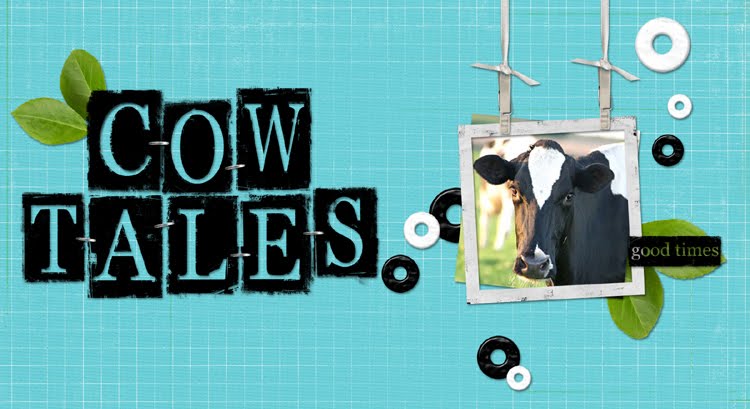“We are what we
repeatedly do. Excellence, then, is not an act, but a habit.” Aristotle
Too often, we make a beneficial recommendation and hear the
response, “I do not have the time.” Therefore, we started reading 2 books, “The
Toyota Way” by Jeffrey K. Liker, a book about the Toyota business model that
exemplifies “lean production” and “The 7 Habits of Highly Effective People” by
Stephen Covey. “But Doc, Toyota makes cars, not milk.” Just like Toyota, your
dairy is a business. Toyota utilizes efficient business principles with an
emphasis on product quality that can be easily applied to your business. Focus
on eliminating “non-value added” work and allow time for more “value-added”
work. Changing workplace orientation (feed storage, feed bunks, calf housing,
etc) can save time and money (Draw a map). Prevent downtime by keeping
equipment properly maintained. Analyze every process/protocol to make changes
that can save you time and energy. Actually writing protocols on paper will
allow you to see where you are wasting time. Ask for feedback from your
employees, in essence, turning them into on-site quality-control inspectors.
Take time to develop your employees which will increase their work efficiency.
Develop SOP’s to decrease variability/provide consistency and to increase
quality and performance. Improving
management efficiency and quality will reduce costs and improve profitability.
Another time management technique is to habitually
prioritize your daily activities, a true exercise in discipline. Take some time to study The Time Management
Matrix, by Stephen Covey.
The Time Management Matrix—Stephen Covey
Looking at the matrix, ask yourself which quadrant contains
activities that, if done on a regular basis, would have the most positive
impact on your life, professionally and personally. I think the answer is
simple—Quadrant II. So, the key is to be proactive and devote more time to QII
activities. This can be accomplished by decreasing QIII and IV activities. You
need to prioritize the activities (to-do lists) that are important to achieving
your objectives or goals, organize priorities according to importance, and have
the discipline and focus to execute a plan according to priority. Finally,
learn to say “NO.” Devoting more time to Q II activities will automatically
reduce QI activities. Put “First things First” and “Work smarter, not harder.”
“Things which
matter most must never be at the mercy of things which matter least.” Goethe


No comments:
Post a Comment